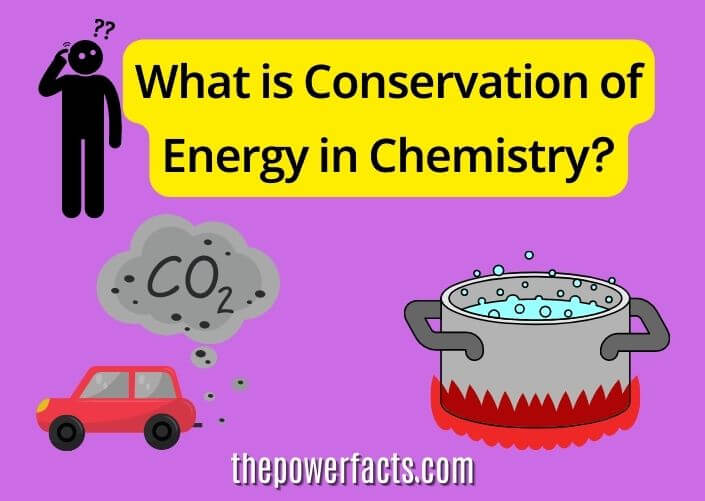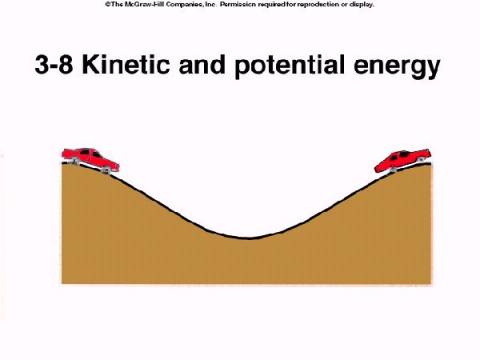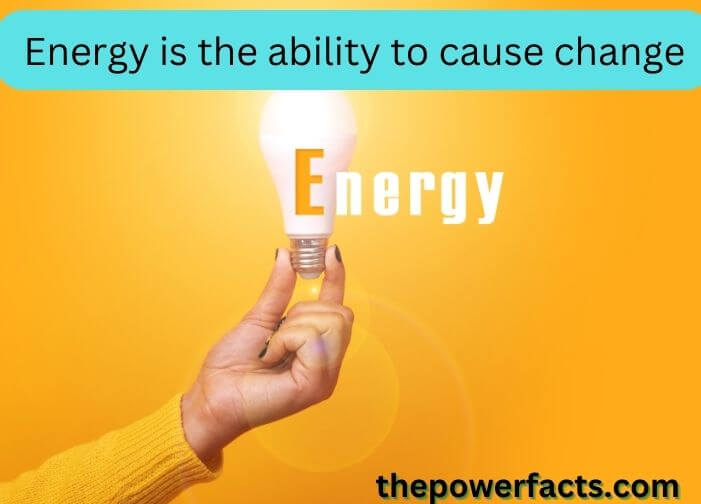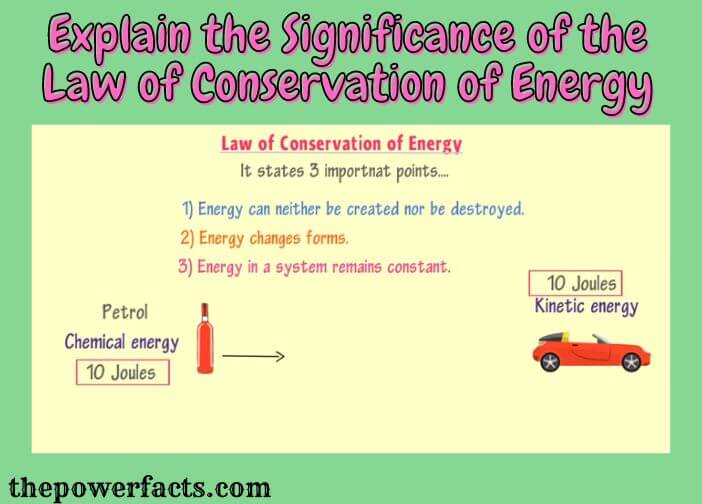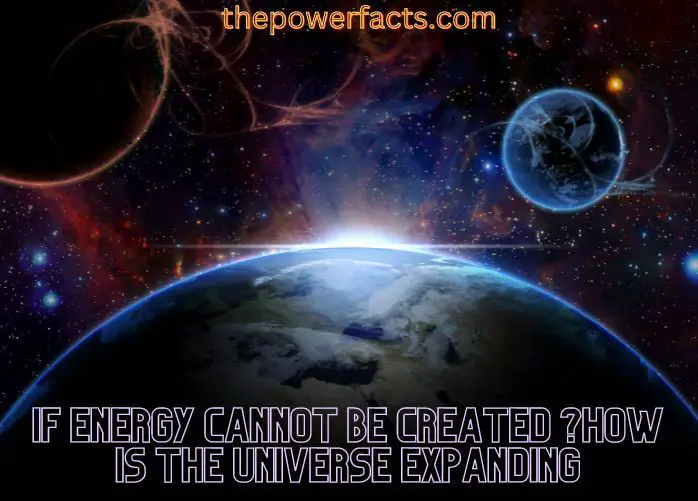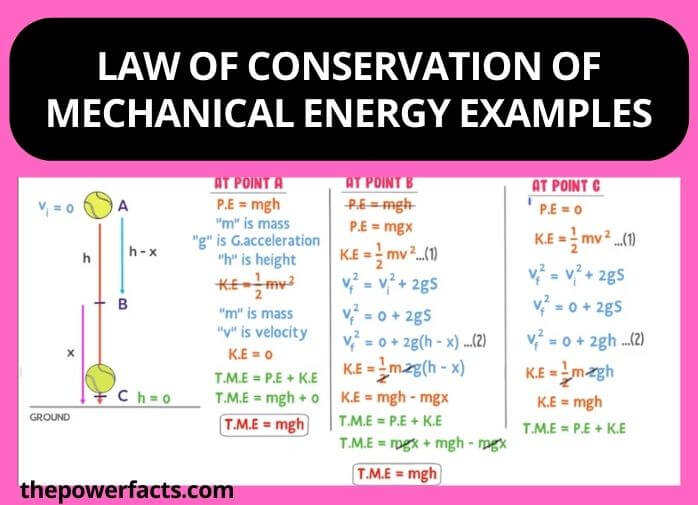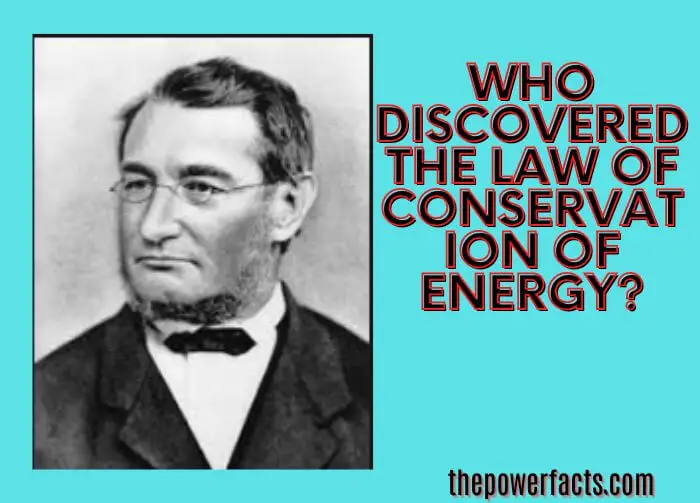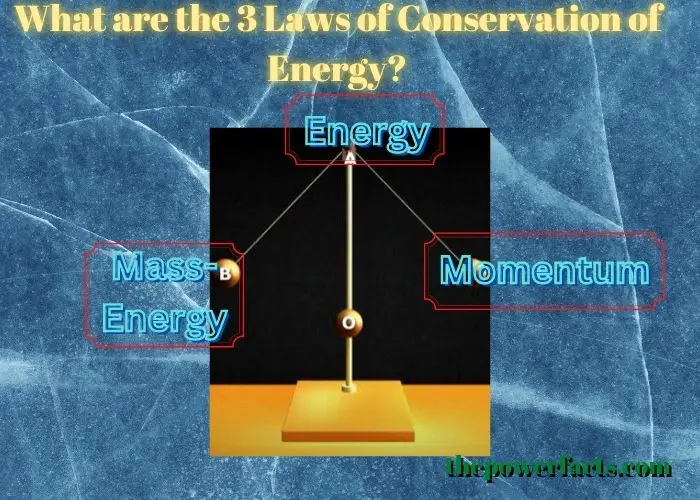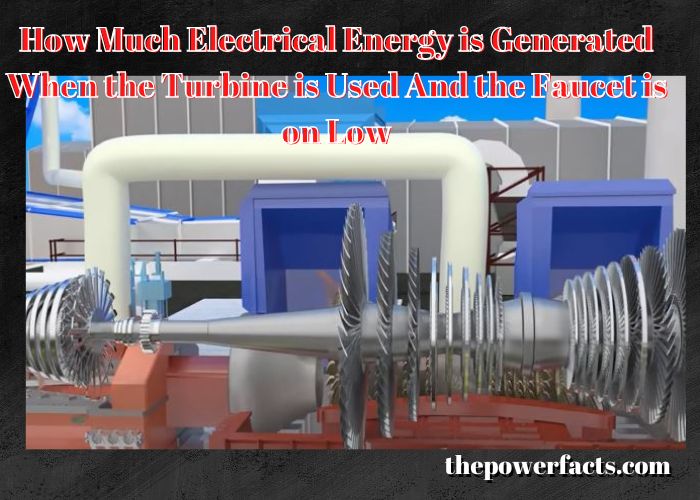What is Conservation of Energy in Chemistry? (With Details Explain)
In chemistry, the conservation of energy is the principle that energy cannot be created or destroyed. Energy can only be transferred from one system to another or converted from one form of energy to another. The total amount of energy in a closed system remains constant over time. This principle is also known as the …
